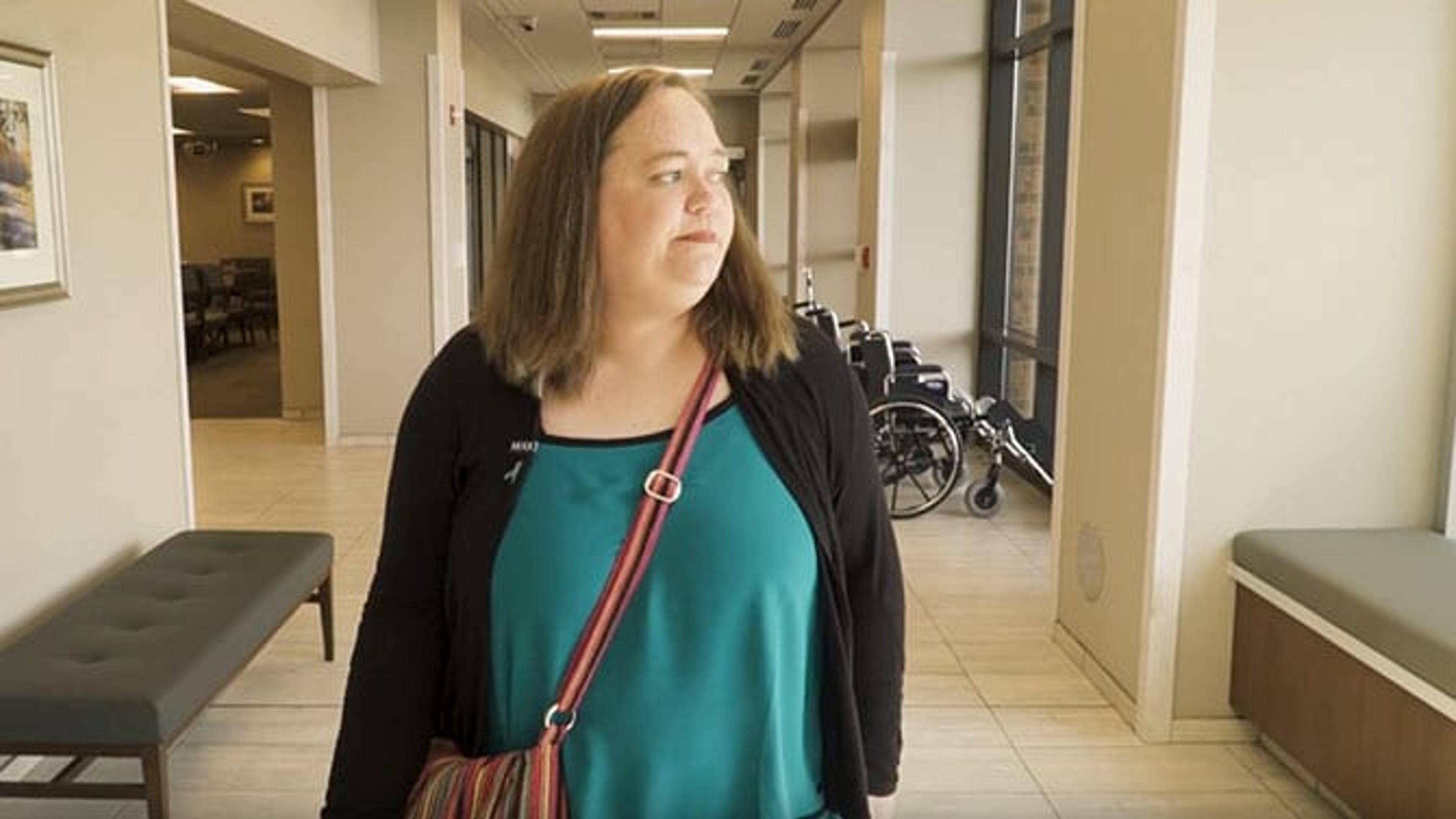Listen to Me. How Patient Experience Drives Quality Improvement
Deborah Reinheimer
| 3 min read

Amanda was tired and irritated. Once again, as she was filling out the paperwork at registration for yet another procedure in her long cancer journey, she was asked to list every surgery or procedure she’s already had.
She was in her fourth bout of cancer in the last 11 years. Amanda had been through multiple rounds of chemo and radiation, including experimental concoctions that required her to sit with her hands and feet submerged in ice. To list each of her prior procedures was like reliving it. It was exhausting, disheartening, painful.
So, she shared this observation with a majority of gynecologic oncologists in Michigan. And now they’re looking at how to relieve patients of this onerous task. Sometimes, a weary patient is a force for change. Particularly when hundreds, even thousands, of physicians and surgeons are listening.
Such is the case in Michigan, where doctors in several collaborative quality initiatives (CQI) funded and supported by Blue Cross Blue Shield of Michigan seek input from patients who have experienced the conditions, treatments and procedures the doctors are trying to improve.
Patients are active members of the project team in many CQIs. Patient participation helps doctors better understand how their practice patterns impact what patients experience. In addition, patients bring new ideas for the project teams to study.
Several programs have used patient voices to improve care and, in some instances, generated patient-specific educational materials:
- The VTE (Venous thromboembolism) prevention collaborative has a patient advocate who has contributed input to multiple quality improvement efforts including PICC line appropriateness. This has led to the development of guidelines that are now being used across the United States and internationally.
- The bariatric surgery collaborative developed an innovative, tailored, patient decision aid to help patients navigate the many decisions associated with bariatric surgery and recruited 875+ patients to test the tool.
- The surgical collaborative implemented an enhanced recovery program. As part of this program, patients are encouraged to take an active approach in their overall health prior to surgery (for example, begin walking and quit smoking). This aids in patients having a quicker recovery and fewer complications.
“We want to standardize care,” says Dr. Rebecca Liu, who leads a subgroup of the cancer CQI focused on gynecologic cancers. “But we need to choose, what are the things that are important to our patients.”
Both Dr. Liu and Amanda have seen firsthand how patient input leads to improvements in care quality and processes, better health outcomes, and costs.
CQIs significantly decrease complications and improve patient outcomes. Blue Cross’ Value Partnerships platform of programs, which includes CQIs, is celebrating 20 years of advancing the health care delivery system - making health care work better for Michigan and beyond.
In Memory of Amanda Crowell Itliong
Related reading:
- ‘I Feel So Lucky:’ Rochester Hills Woman With Terminal Ovarian Cancer Dedicates Life to Advocacy
- Collaborative Care Addresses the Surging Demand for Mental Health Care Services
- How to Prevent Opioid Misuse? Prescribe Fewer Pills After Surgery
Photo credit: Amanda Crowell Itliong





